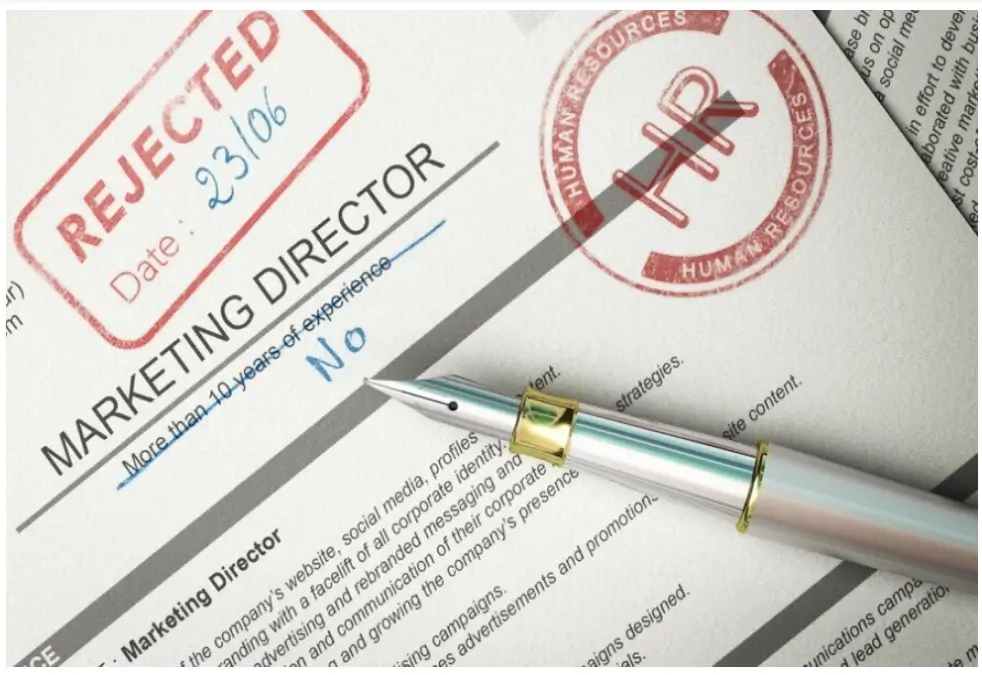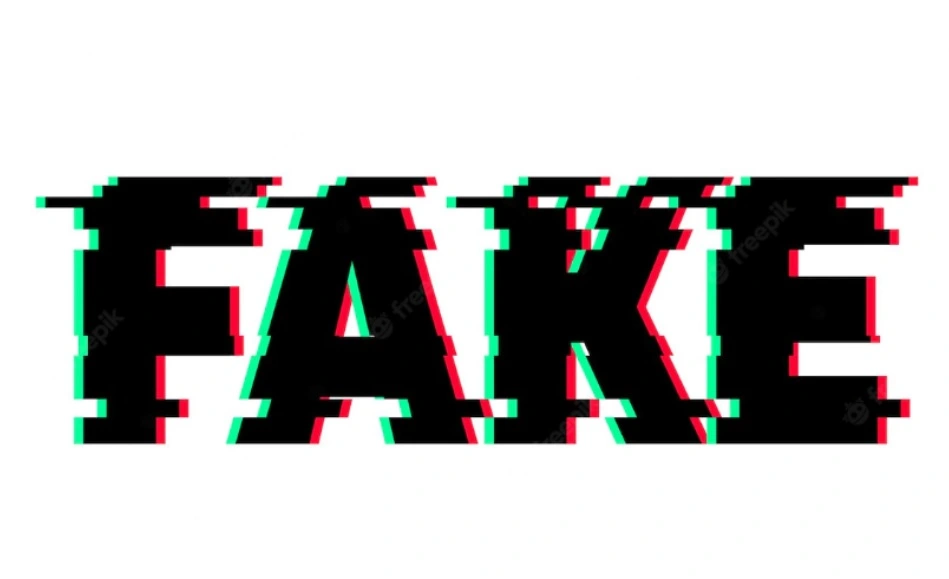 Written By Editorial Team
Written By Editorial Team
Fake Resume has been on the rise for quite some time. As the job market gets more and more competitive, people get more desperate. In their desperation, they find it easier to simply lie on their resumes.
Some common examples of Fake Resume include listing a degree or certification you never attained, adding responsibilities and skills you never acquired, providing fake references, and misrepresenting the years you worked at a previous organization.
If you are one of those looking for ways to lie on your resume without having to deal with any harsh repercussions, you should know that lying is never a good idea.
Why Do People Lie on Their Resumes?
According to a survey, 36% of Americans admitted to lying on resumes. According to the report, most people tend to lie on their resumes simply due to a lack of experience or because they remained unemployed for long periods. They hope to fill in these gaps on their resume by fabricating information.
Resume fraud happens anytime someone intentionally fabricates or provides wrong information on their resume, hoping to seem more qualified for a position they apply for. One of the most common parts of a resume you will find applicants lie on is their education and employment periods to hide gaps in their employment.
Most companies use an Applicant Tracking System (ATS) to sort through resumes instead of manually sorting through them one by one. These systems will screen resumes based on specific requirements such as years of experience, skills, and college degrees. Therefore, many job seekers who understand how an Applicant Tracking System (ATS) works lie on their resumes, so they aren’t screened out.
What Can You Lie About on Your Resume?
Can I lie about my education?
Can I lie about my previous Jobs?
Can you lie about your age to get a job?
Can you lie about your GPA on a resume?
Many of you might be wondering if it’s okay to lie about such simple, small, subtle lies that aren’t too far-fetched.
Well, reach out to any career expert, and they will offer you the same advice: leave the lies off your resume. If you are looking for any acceptable lies that you can add to your resume, there simply aren’t any.
In the same survey we mentioned earlier, of the individuals who were caught, 65% were either fired once their lies caught up with them or simply weren’t hired. So, the answer to your question, ‘can I lie on my resume’ is No.
How Do Employers Figure out If You have Lied on Your Resume?
Employers might find it tricky to spot a fake resume, but they can do it nevertheless. Many people tend to falsify information about their employment history, skills, education records, etc. However, these lies can be uncovered.
The very first thing hiring managers will do is invite you for an interview. Sometimes the lies we tell can become difficult to cover up. An employer may ask you for further information on your employment, the work you have done, and how you acquired a specific skill set. If anything you say doesn’t seem to add up, the employer will consider it a major red flag.
In this case, an employer may have you go through a skills test to ensure that you do, in fact, have the skillset you claim to have.
Lies about education history are not so easily covered, however. All hiring managers have to see if they can contact the relevant college or university to confirm whether a degree was granted or not.
Similarly, say you make up a company and claim to have been employed there. An employer can easily check online if the company has been registered; they may also try to contact the reference you have provided to check its legitimacy.

Why You Shouldn’t Lie on Your Resume?
Let’s say you do lie on your resume. What happens next?
What happens if you give a fake reference?
The very obvious is that your lies are immediately detected. Your employer makes one call to your previous employment office and finds out that you have added inflated positions to your resume or lied about your employment period. Or let’s say they figure out you have falsified your education information. Either way, the employer will most likely eliminate your application.
This is because those job applicants who tend to lie easily on their resume are also bound to be dishonest at the job. They may end up doing a lot more harm to the organization than you think. You don’t want to be counted in that circle.
I Lied On My Resume and Got the Job!
Now let’s consider the next scenario. What happens if you lie on your resume and yet get the job?
Well, for one, you will have to continue living up to your lie. Every time a coworker asks you a question about your background, you have to create more and more lies to cover up the previous ones.
Second, you will find it incredibly difficult to get job duties done. You may not meet your employer’s expectations, and they may dig into your background at some point. That’s not all; you yourself may end up feeling dissatisfied with your role if you feel like you aren’t a good fit.
If at any point your hiring manager discovers that you have lied on your resume, they will fire you, even if you do well at the job.
Is It Illegal To Lie on Your Resume?
No, since resumes are not considered legal documents, you are free from prosecution. However, there are some cases in which lying on a resume can get you in trouble.
Let’s say you create a fake educational diploma or a passport; this can be counted as falsifying legal documents and lead to prosecution. In many states, using a fake degree can lead to a civil penalty, such as a fine. Other states may consider this a higher misdemeanor and send you to prison for six months or up to a year!
Similarly, if you sign a statement that the information you have provided is true but then proceed to lie, this will be considered illegal. Depending on your state law, you could again face repercussions
Can You Get Sued For Lying on Your Resume?
Yes, companies can very well sue any employee for lying on their resume, misleading a company in a way that hurts their business.
This is particularly important in professions such as doctors and lawyers, where you need to have a license to practice your work. If you forge your license and end up harming a customer, this may lead to the customer suing the company for negligence. However, the company can hold the employee responsible and sue them instead.
This is why it is always best to leave the lies off your resume.
If you aren’t sure what to add to your resume, try focusing on your cover letter instead. Show how passionate you are about a position and why you may be the perfect fit. You should also tailor your resume with the small skills and experience you do have instead of lying. This will give you a much nicer chance of getting hired and keeping the position once hired.
😀Fun Fact:- Do you know about term ‘antiwork’?
The term “antiwork” refers to a movement or ideology whose members aspire to stop working or work as little as possible. Proponents of movement argues that the bulk of today’s jobs aren’t necessary; instead, they enforce wage slavery and deprive workers of the full value of their output. Their slogan is “Unemployment for all, not just the Rich!“.

